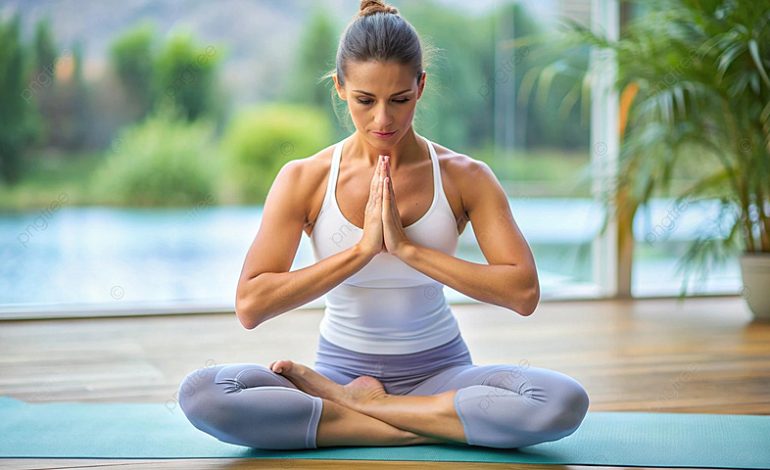The Mental Health Benefits of Recreational Hobbies: Why You Should Make Time for Fun

Life can often feel like a juggling act with work, family, and countless responsibilities pulling us in different directions. In the middle of chaos, it’s easy to forget the simple joy of doing something just for fun. But here’s the thing: recreational hobbies aren’t just a luxury; they’re needed for maintaining mental health. Regardless if it’s gardening, painting, hiking, or playing an instrument, finding time for hobbies creates a space to unwind, breathe, and reconnect with yourself.
Hobbies do more than fill your free time. They reduce stress, boost creativity, and even help you feel more balanced in your daily life. Think of them as mini vacations for your mind, giving you a much-needed break from the grind. No matter how busy life gets, finding time for activities that bring you happiness can recharge your spirit and improve your well-being.
If you’ve been putting fun on the back burner, it’s time to rethink your approach. This blog will explore how hobbies can transform your mental health and why prioritizing joy should be part of your self-care routine. And if you’re looking to improve your physical health along with mental well-being, make sure to read our article on how to support your body’s natural regeneration for more insights.

How Creative Activities Reduce Stress and Anxiety
Engaging in creative activities offers a powerful way to manage stress and anxiety. When you distract yourself in painting, writing, crafting, or any artistic pursuit, your mind enters a state of flow. This is when you’re so focused on the task at hand that worries and negative thoughts fade into the background.
Creativity also acts as an emotional release. Whether you’re sketching a serene landscape or journaling your feelings, these activities allow you to process emotions in a safe and healthy way. At the same time, creating something with your own hands boosts self-esteem and provides a sense of accomplishment, combating feelings of helplessness often linked to anxiety.
Studies suggest that creative hobbies can even lower cortisol levels, the hormone linked to stress. Plus, they stimulate the brain’s reward system, releasing feel-good chemicals like dopamine.
No artistic talent is required to enjoy these benefits. It’s not about perfection; it’s about the process. Start small, whether it’s doodling or knitting, and watch how creativity becomes a soothing outlet for your mind.
Finding the Right Hobby to Suit Your Personality and Lifestyle
Choosing the perfect hobby starts with understanding yourself. Think about what brings you joy and matches your natural traits. Are you introverted and drawn to calm, focused activities? Try gardening, knitting, or journaling. If you’re extroverted and love socializing, consider group activities like dance classes or team sports.
Your lifestyle also plays a big role. If you’re short on time, look for hobbies you can squeeze into your day, like quick sketches or learning a musical instrument online. If your weekends are free, explore outdoor hobbies like hiking or photography that take more time.
Experimentation is key. You won’t know what sparks your passion until you try. Attend a local workshop or borrow supplies from a friend to test things out. Remember, hobbies aren’t about mastery; they’re about enjoyment and relaxation.
Ultimately, a good hobby adds balance to your life, reduces stress, and brings a sense of purpose. Take the first step today—explore, experiment, and discover what makes your spirit come alive. The perfect fit is waiting for you!
Why Hobbies Are an Essential Part of a Self-Care Routine
Self-care is all about feeding your mind and body, and hobbies are a perfect way to do just that. Engaging in hobbies allows you to take a break from daily stressors and focus on something you genuinely enjoy. This mental reset can improve your mood and leave you feeling recharged.
Hobbies also fuel personal growth. Whether you’re learning a new skill or improving at an old one, these moments of progress boost self-esteem and give you a sense of accomplishment. Even simple hobbies like gardening or drawing create opportunities for creativity, mindfulness, and joy.
Additionally, hobbies contribute to your overall mental well-being. They help lower stress, reduce feelings of burnout, and even combat anxiety by giving you something positive to focus on. What’s more, hobbies give structure to your free time, turning it into an opportunity for relaxation and fulfillment instead of just another inactive moment.
Making time for hobbies isn’t selfish; it’s a vital part of caring for yourself. Choose an activity you love and watch how it transforms your self-care routine into something truly restorative.
Conclusion
Prioritizing hobbies isn’t just about having fun; it’s an important step toward mental well-being. By embracing activities that bring you joy, you create balance, reduce stress, and live a more fulfilling life. Start small, but start today—your mental health deserves all the happiness hobbies can offer. For more insights on how to enhance your lifestyle, be sure to check out our other lifestyle articles for tips and inspiration.









